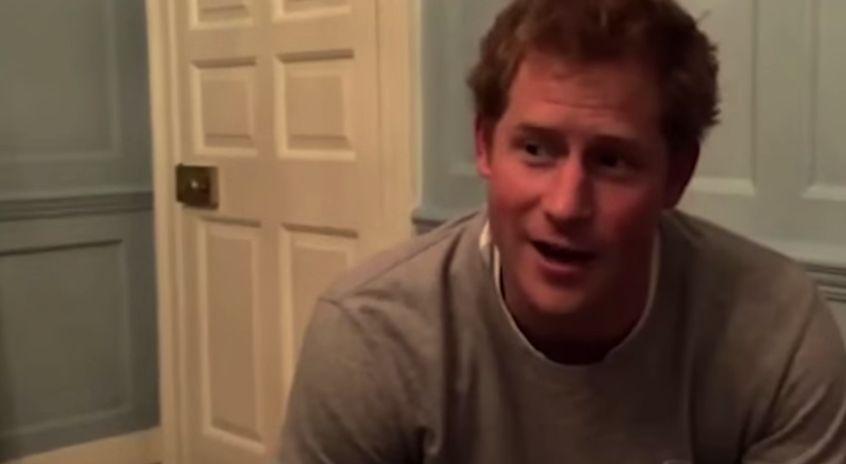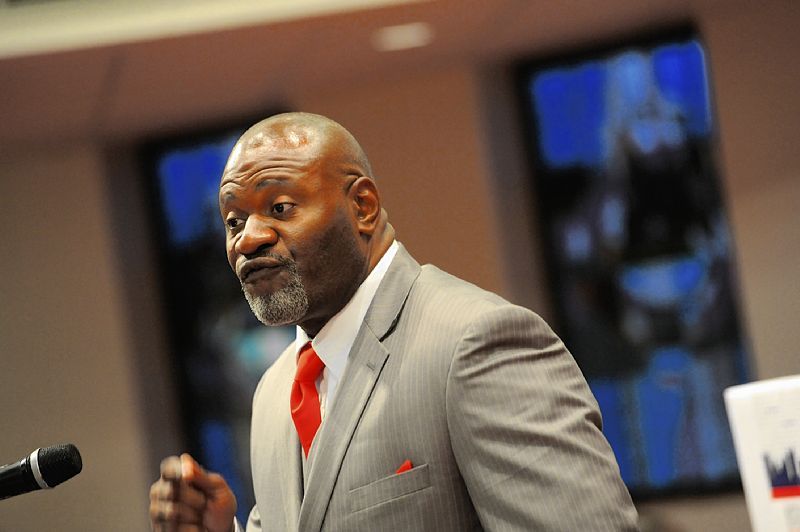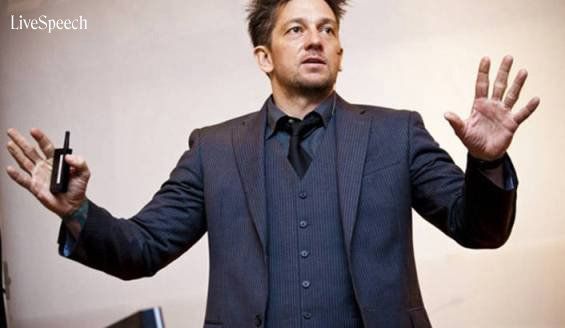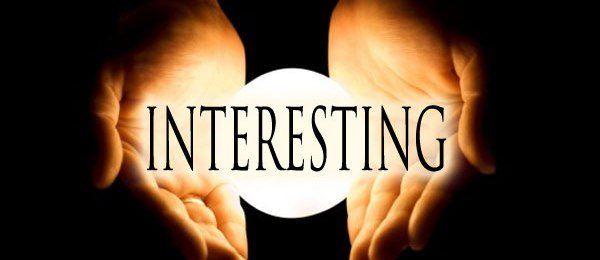The importance of eye contact in communication cannot be neglected. Studies conducted over the years have affirmed that eyes play an important role in both verbal and non-verbal communication.
Researchers studying human psychology are of the view that non-verbal communication plays an important role in effective communication. Eyes are known as the "windows to the soul" and they express our emotions when words fail us.
Eye contact in communication enables us to develop a connection with the person we are speaking to and not making eye contact can send out signals to others that we are uninterested. Maintaining an eye contact doesn't mean staring constantly into the other person's eyes, doing this, in fact can send an offensive non-verbal message.
Public speaking still ranks highly on the list of most dreaded activities in the world, but there are times when we have to come out of our comfort zone and deliver a speech, especially in our professional lives. If you are an able orator and can impress people with your oratory skills, then your bosses are more likely to sit up and take notice. There are a lot of things that make a good speech, but as this article is on the importance of eye contact, we will focus our attention on the necessity of engaging your audience through effective eye contact.
Presentations
While delivering a speech, it is important that you make eye contact with several people or groups of people. Fixing your gaze on one particular individual or group may make other members of the audience feel that they do not hold any importance to you and this can cause them to be disinterested.
This can happen when you spend more time facing or looking at a particular section of the audience, hardly turning to face others. It is important that you know an appropriate duration till which you are supposed to make eye contact with the members of the audience.
There is a difference between making eye contact with your friends and loved ones, and members of the audience. It is important that you remember that. When you’re speaking to one particular individual, all your attention is focused on that one person, but in case of an audience, you have to make sure that you make eye contact with as many people as you can. Successful orators agree that the way they use their body language to put their point across plays an important role in delivering an effective, well-received speech.
Interviews
Interviewers often make statements like, "we selected her because she appeared more confident" or "he came across as an assured young man, with a lot of potential". How does an individual make himself/herself appear more positive than others? The answer to this lies in how we communicate both verbally and non-verbally in an interview.
If you fail to make eye contact during an interview, you run the risk of being labelled a weakling or the interviewer may get a feeling that there is something not right about you. Making eye contact portrays one in the right way and ensures creating a positive impression on the interviewer.
While we have mentioned the importance of eye contact in communication, it is also very important to know that in various cultures, making an eye contact is considered offensive. For example, in China people tend to avoid making eye contact as they consider it a mark of respect.
In Middle Asian countries, eye contact between a man and a woman is minimal unless you are closely related to each other. Women don’t look men that are not their husbands straight in the eyes. It is very important therefore that you do a bit of research on how to conduct yourself in public, if you are planning to make a speech to a multi-cultural audience or a trip abroad.
It is important to mention here that making eye-contact with people while speaking is the most difficult part of dealing with fears of public speaking. This is why among people who are glossophobic, the hardest thing for them to do is look at their audience. Many would prefer to fix their eyes on the ground or even on the ceiling!
If you are glossophobic but you do manage to get yourself to look into your audience, then you have accomplished the single biggest task in dealing with your fear of public speaking. Take it from me; no other task is tougher than this one.
Our eyes have the power to communicate what we are feeling and how we perceive a situation. It is imperative for us to put in the required effort so that we master the art of making appropriate eye contact to ensure that we are good with our social and interpersonal skills.
PS: glossophobia is the "fear of speaking to a gathering of people." That is, fear of public speaking.
Rahul Pandita also contributed to this article.










